Should I become a plant parent? Why you should learn to garden.
“In school we would plant seeds. As a small child, I would help my mother plant simple seeds. Dirt used to be mediocre and clay like – they have improved it since then. I knew I wouldn’t maintain it. I like the idea of having a pretty garden, but I didn’t think I would be able to support it.” Unknown
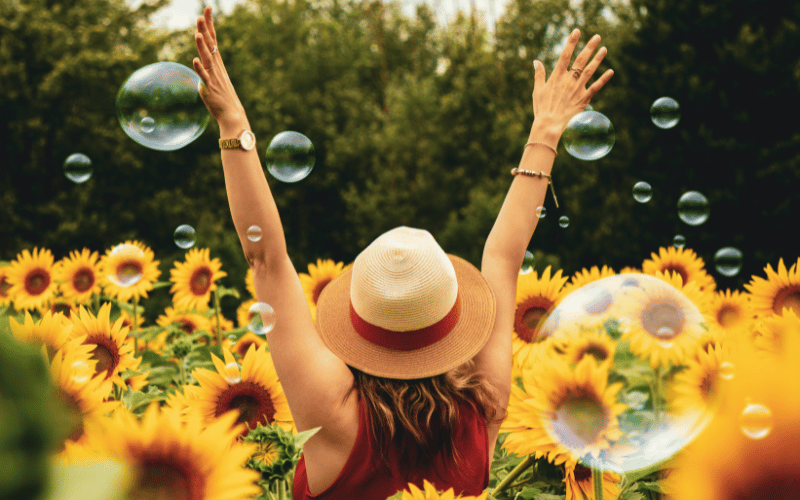
If this sentiment sounds a lot like you, you aren’t alone. Though search results regarding how to start a garden have been increasing in recent years, the idea of creating your first beginner garden can seem intimating, especially when you first learn to garden.
A popular Chinese proverb states, “Life begins the day you start a garden.” Most seasoned, passionate, or even hobby gardeners would agree. From being a great form of exercise to getting outside more and reaping the benefits of fresh air and Vitamin D, gardening is often considered a therapeutic and natural experience.
How do you get started on your quest to learn to garden? Dame Helen Mirren said that “Gardening is learning, learning, learning. That's the fun of them. You're always learning.” It’s okay if you aren’t sure how to start a garden, it’s just important that if you want to be a plant parent, just start.
How you start to garden depends entirely on you. How much effort you want to put in, what resources you have available to you, how much of a time commitment you can make. If you’re having trouble taking the first step to learn to garden, here are some of the reasons you should give it more thought.
Physical Benefits
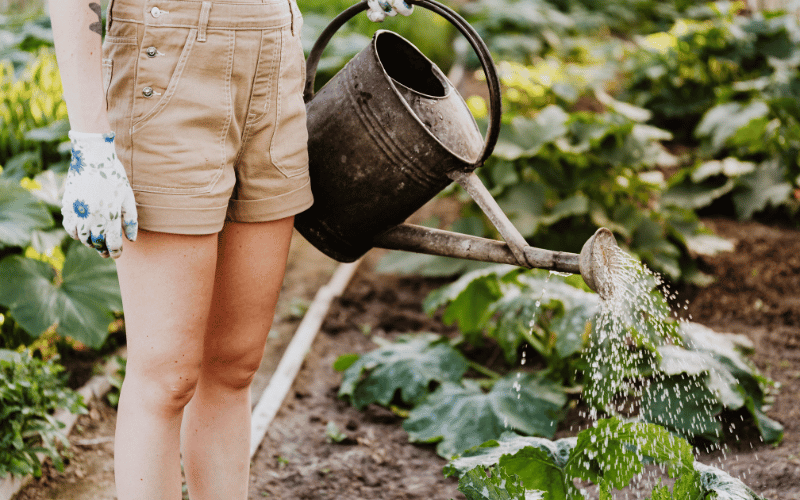
Outside of vitamin D, fresh air and exercise, there are other physical tangible benefits to choosing to learn to garden. Did you know? Soil contains Mycobacterium vaccae that can raise serotonin levels. Serotonin makes you happy, and therefore, plants make you happy.
If you are planting a vegetable garden, it can help you eat healthier, because it’s more satisfying to eat what you grew rather than just eating something from the supermarket.
Finally, plants can contribute to removing pollutants from our waterways, meaning the tap water we all use to drink and bathe, is overall healthier for us to consume – 8-10 glasses a day, right?
Mental or Emotional Benefits
Alice Sebold, author of the critically acclaimed bestselling novel, The Lovely Bones said: “I like gardening - it's a place where I find myself when I need to lose myself.” When you learn to garden, it allows you to own your space and make it exactly how you want it, giving you a renewed sense of personalization and self.
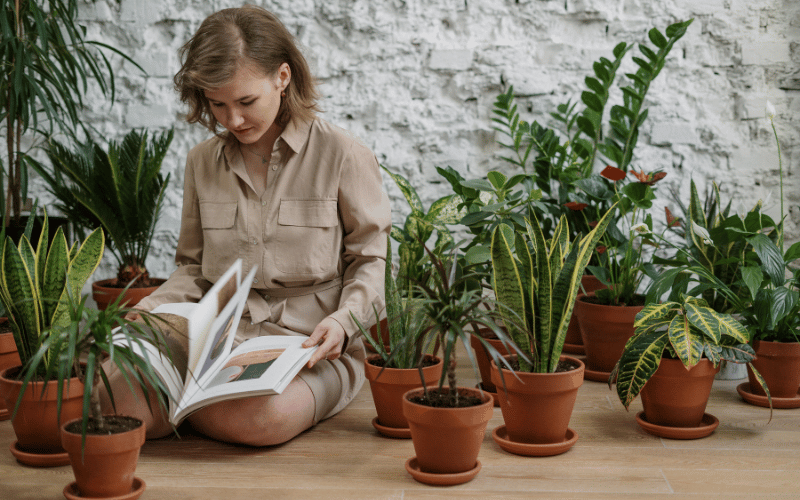
It connects you to nature, which can be a peaceful and stress-reducing experience. In the same way it allows you to give back to nature. Think of the mantra when camping – leave the space better than when you got here. The same can be said about starting a beginner garden. You put more back into the Earth than you take.
Gardening can be considered “effortless attention” that can be accomplished in part relying on your instincts and giving your brain a chance to relax and reset from the stresses of everyday life. It provides a sense of accomplishment and reward. Getting to experience a project beginning to end and seeing your results.
Some say that gardening can make you a better person – teaching you moral education, and instilling certain virtues such as pragmatism, patience, perseverance, and humility. It also teaches you to care for something else, and keep it alive, which can be a new and rewarding experience, if you’ve never had children or pets.
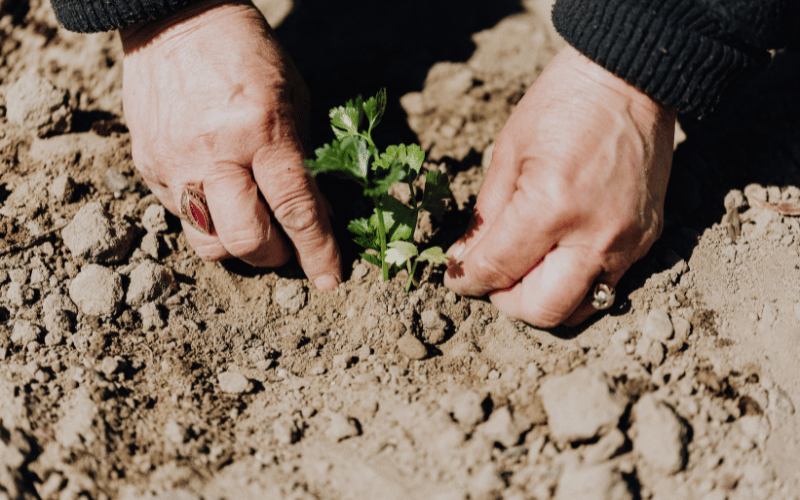
Working outdoors as a plant parent, and spending time and energy in your beginner garden allow you to focus on the beautiful things in life. In theory, your garden will be beautiful, but it also helps you to see the beauty and positivity in other things around you.
Social Benefits
You might be thinking, if I start a garden, how does that have social benefits? It’s just me and the plants. The truth is that gardening has been growing in popularity especially among millennials and it acts as a great way to bring people together through the hobby. There are clubs and meet-ups, there are Facebook Groups and Reddit threads, all dedicated to plant parents with a love and a green thumb.
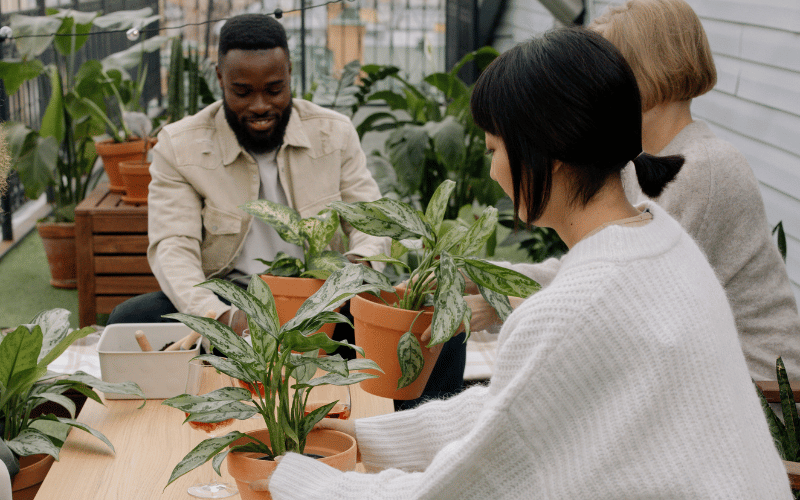
Similarly, to baking, gardening also allows you to product excellent, personal and inexpensive gifts for your loved ones. Buying someone a plant at a store is a nice gesture, but telling them you grew it yourself adds another level of love and care to the gift, giving it even more kindness behind the gesture.
Whether you are going to be a proud plant parent to an indoor or outdoor beginner garden, the benefits to your wellbeing are clear. “The glory of gardening: hands in the dirt, head in the sun, heart with nature. To nurture a garden is to feed not just the body, but the soul” said Alfred Austin, in Growing with the Seasons: A Sharing of Insights Into the Creative Aspects of Organic Gardening. Pick up a trowel, some gloves and a few clay pots and see how it goes. Who knows? You just might fall in love.
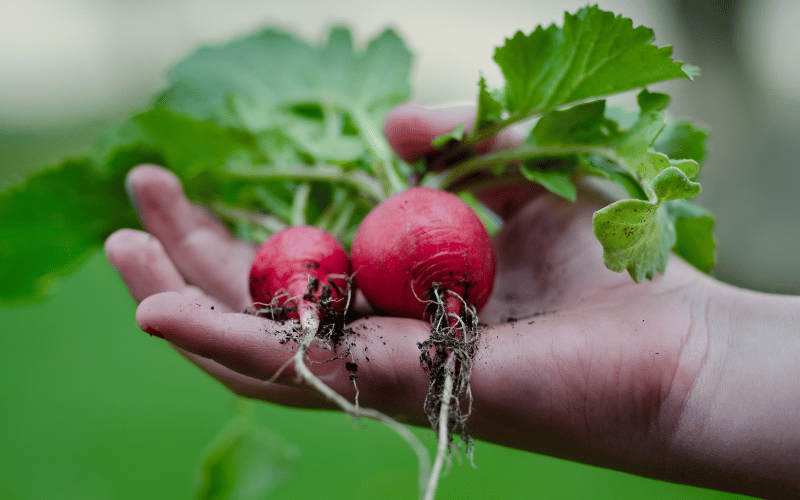
If you’re looking for some backyard garden inspiration or just looking to connect with the right people to get started on your gardening journey, check out a Home & Garden Show in your city.
)


